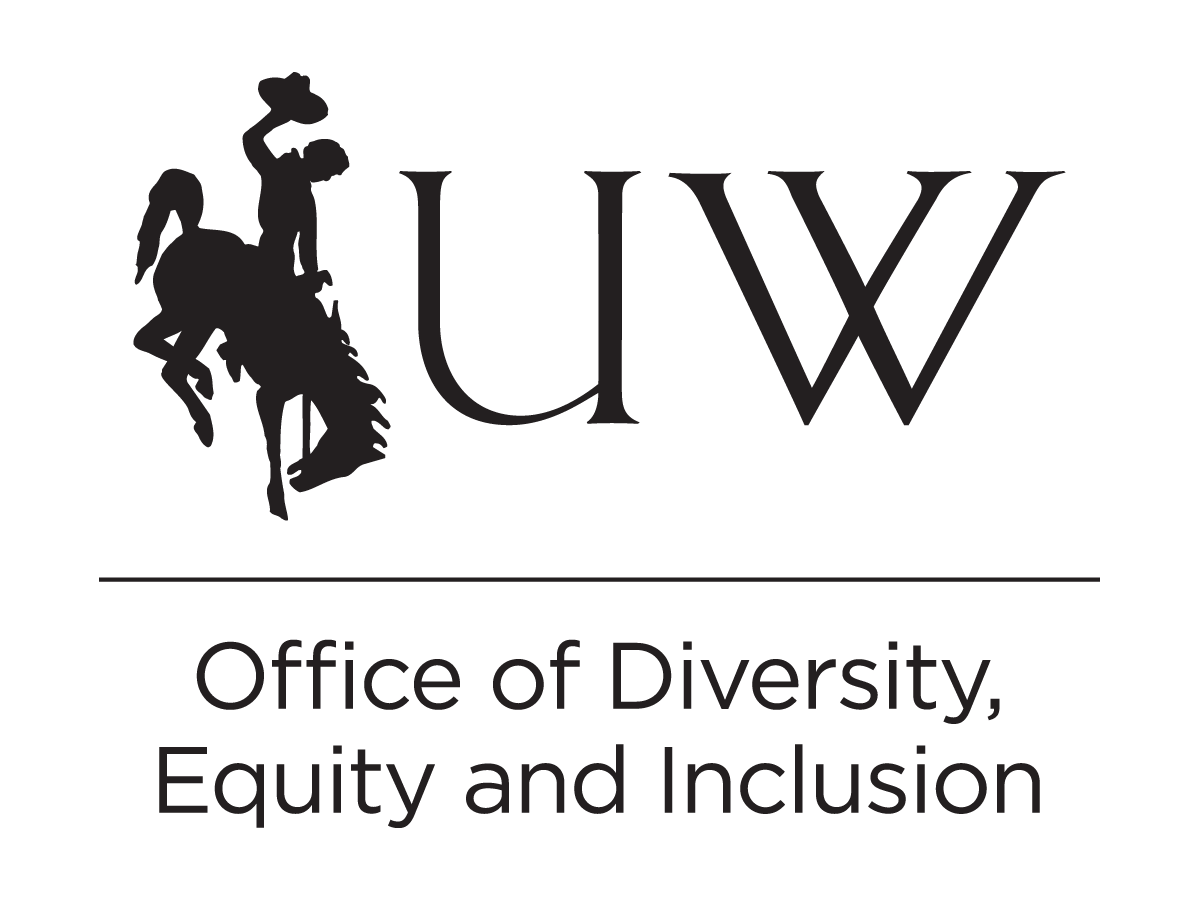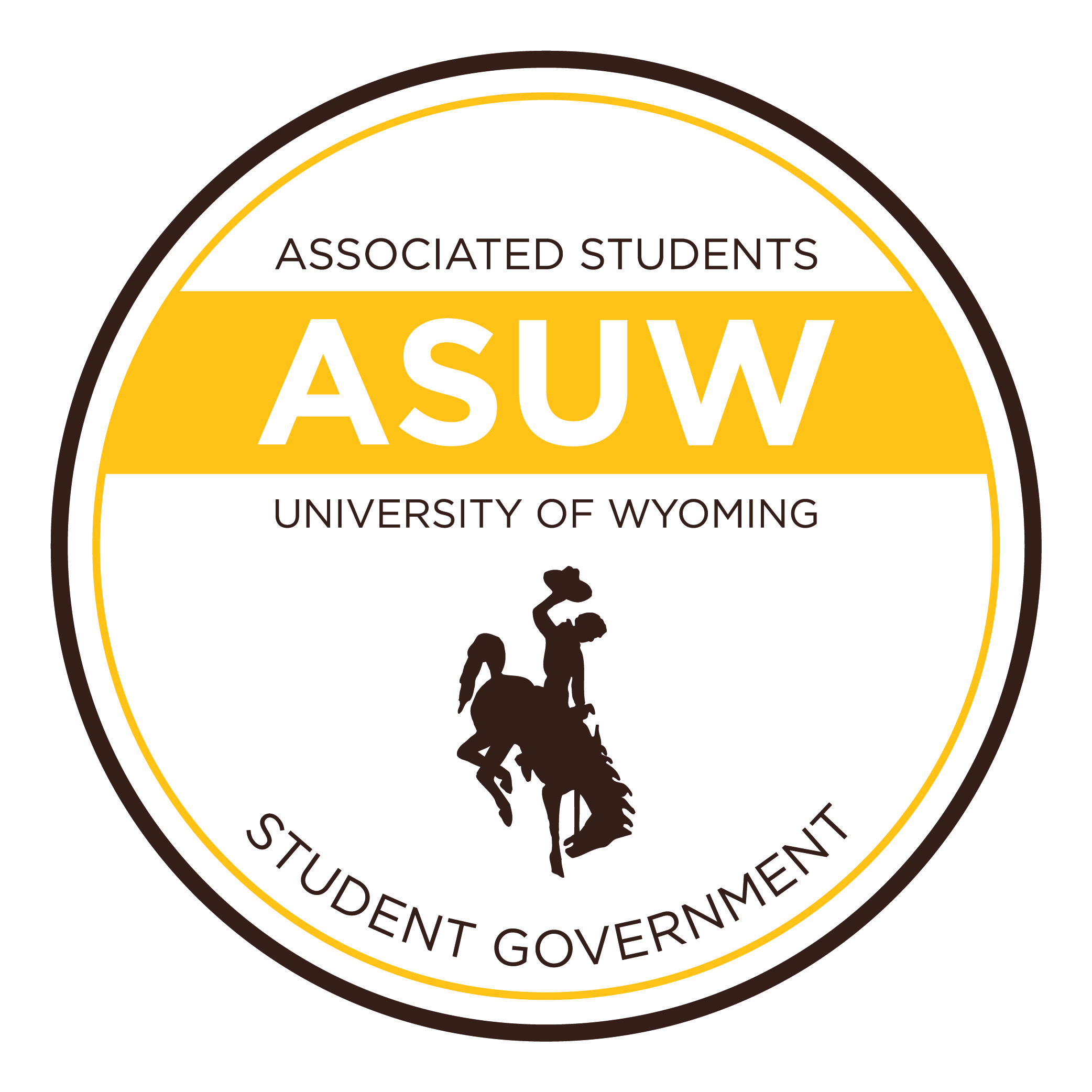
Last Thursday the Wyoming legislature drafted a bill that would allow for the state to gain control of the oversight of it’s uranium industry. Using statewide regulators, which prompted debate about who should be in charge of regulating the industry in the state.
Wyoming is the number one state in the country in uranium production, making oversight of the industry no small job.
A nuclear task force, comprised of four legislators and three appointees from the governor’s office, was created several years ago to investigate prospects for nuclear power in the state of Wyoming. Which included nuclear power production, uranium production and uranium milling.
“One of the things that we heard a lot about was this concept of a nuclear agreement state,” said Senator Chris Rothfuss, D-Laramie, and a member of the task force. “Basically a concept that has to do with whether the state of Wyoming is responsible for regulating certain aspects of nuclear power production, or mining or whatever else in the state.”
“Agreement states” have varying amounts of responsibility over their nuclear industry. In order to achieve this status the state refers the decision to the Nuclear Regulatory Committee (NRC).
“What we heard from the industry during our task force meetings originally was a little bit of ambivalence” said Rothfuss. “They weren’t sure whether they wanted to be an agreement state.”
After looking into the matter, it was decided that the industry wanted to take primacy over responsibilities from the NRC regulatory structure, involving only uranium mining and milling. If the bill is passed it will take roughly six years for complete implementation.
“The regulation is there to find that balance between creating private incentives and maintaining public and social health,” said Jason Shogren, UW’s Economics and Finance Department chair. “So, by moving it to the state level the idea is that you’re more flexible and the people who are on the ground and are around the area can respond to the needs of the industry.”
Last year alone, an estimated $3 million dollars was put toward the NRC regarding permitting, regulatory and monitoring fees. If “agreement state” status is achieved that spending will be cut in half with the fees paid to the state. Legislators claim that this method will save money and allow for a quicker process.
“If we do what they did in two years in two years, just by half the price, it then helps our industry and it helps the state of Wyoming from the standpoint of facilitating our economic development and our business,” said Rothfuss. “It’s not going to be revolutionary, but it’s handy and nice and easy.”
The change in regulation is not expected to play a major role in the state’s economy or creating jobs.
“The uranium industry has been quiet for the last few decades,” said Shogren.
“There’s always people interested and exploring the idea that uranium is going to be more important as we move more towards nuclear power. We’re sitting on the supply, but there’s no sense in digging up uranium if you don’t’ have anyone to sell it to. It’s essentially holding its value waiting for demand to pick up.”
Rothfuss also acknowledged the role of demand in the state’s uranium construction.
“Our understanding, first of all, is that it’s just going to be better for our nuclear mining industry in a number of ways so from that standpoint it will positively affect the Wyoming economy,” said Rothfuss. “We are not limited necessarily right now by anything in terms of our production capacity. It’s based on demand so our supply side is easy, demand side is the limiting factor.”


